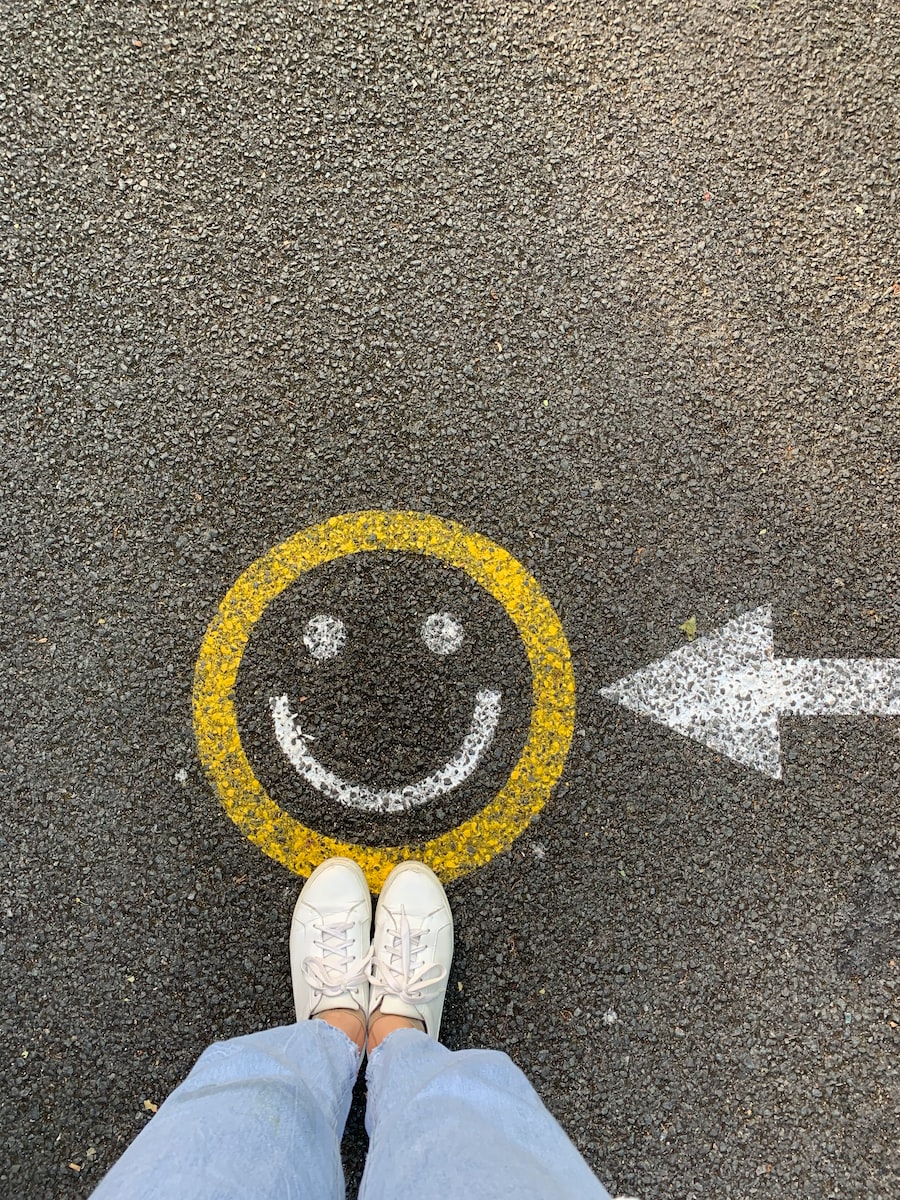For the past three years, I’ve played at being Socrates.
In my bedside dresser, there are two unassuming notebooks which contain what might be called the beginning of a life’s work.
I have, since the summer of 2016 (the end of my freshman year of college), conducted my own little project.
As I’ve put it many times, I “go around asking people what it means to be happy.”
How I got started
This little inquiry was sparked by Alain de Botton, founder of The School of Life, and his video essay on Socrates and livingphilosophy. Alain is pictured walking around Athens, much in the same way as Socrates, and asking ordinary people some essential questions:
“Tell me, what do you think justice is?”
“What do you think a good life is?”
“What do you think it means to be happy?”
Alain narrates,
“Everyone has the duty to reflect on their life… We’re not often asked to explain why we live the way we do. Socrates asks us to overcome our laziness and timidity, to work out what we really think, and stand by it once we have.”
I remember, then, becoming overcome by this electrifying feeling – that I could do that very same thing. And I decided that I would.
The next day, in the late afternoon, I took the D train down to Manhattan from the Bronx. With my backpack, a small notebook and pen in hand, I scoured the subway car.
The first person I had ever interviewed was a sharply-dressed guy probably only a few years older than me who had the misfortune of sitting next to me. I can’t remember what he said, and I’ve since lost the notebook containing those first few interviews, but I remember the incredulity on his face, and how he laughed, cordially, after I’d finished.
I’d had the sudden realization, then, that I was a bit of a prick – and that I was on to something meaningful. Something that maybe I could dedicate my life to.
The interviews are in all cases extemporaneous – whenever the feeling catches me, as it’s been a long time since I’ve set any sort of agenda as I used to when I first started.
Whether I stop someone on the street, or walk up to them in Grand Central Terminal, or sit beside them on a park bench in Union Square (I tend to select areas with a lot of foot traffic), my approach is often blunt, and more or less always the same.
“How would you feel about being interviewed?”
“What’s it about?”
“What it means to be happy.”
And then we begin.
All of my interviews take the same format.
I have a section for biographical data (i.e., your name, where you’re from, how old you are, what you do), and a section for my four main questions:
- What do you think it means to be happy?
- At what point in your life were you most unhappy?
- How did you cope with that event/period in your life?
- Do you have any “wise words” on happiness?
Most interviews (and, surprisingly, most of the people I’ve asked have agreed to interview with me) take a few minutes. The more memorable ones, however, last hours.
Of my grand total of 258 entries (give or take the ones that are more or less illegible, as every one to date has been handwritten), I’ve found that, when it comes to happiness, most people fall into two camps:
- Happiness is material (e.g., wealth) or social (e.g., personal relationships, reputation, “success”), or some combination of the two.
- Happiness is spiritual(i.e., finding some inner tranquility, a connection to whatever divine there is, finding some personal fulfillment).
Of the two, I’m more partial to the latter (but that’s based on a lot of philosophy), and I also recognize that it’s not a simple either-or. I think there’s a distinction between happiness as a feeling and happiness as an activity that is never addressed when asked the question.
But it’s not really about what I think.
So, why do I do it?
The questions themselves aren’t necessarily what I find important. The ensuing dialogue is. I realized a long time ago that I wasn’t really asking people what they thought it meant to be happy.
I was asking them for a moment of intimate dialogue. For a moment, where could, in a moment, share hidden parts of ourselves, connect, and find some comfort or catharsis. That, for a moment, this person whom I’d never known before would share some intimate part of themselves with me, and I with them, and the experience itself would make my world just a little larger.
I don’t interview as regularly as I used, but I still keep it up for that feeling of intimacy, for the idea that I might inspire something to sit down and have that difficult dialogue with themselves, if for a moment. There’s also a part of me that takes a vain pleasure in the idea that someone might go home that day and tell their SO,
“Huh. This kid asked me what it meant to be happy today.”
So, really, it was never about the question itself; it was in the asking.
